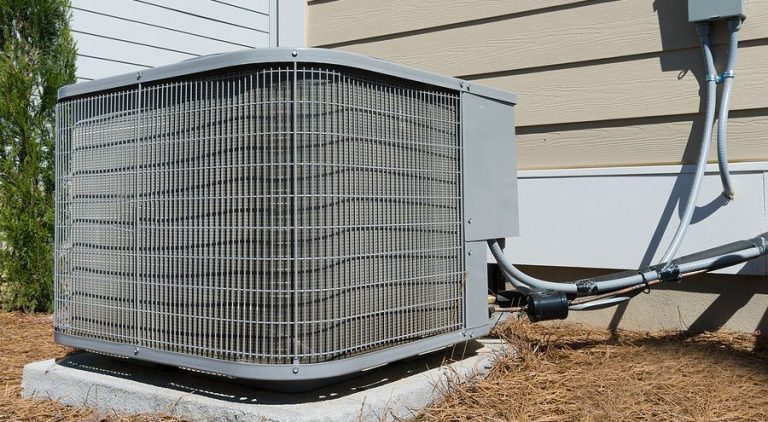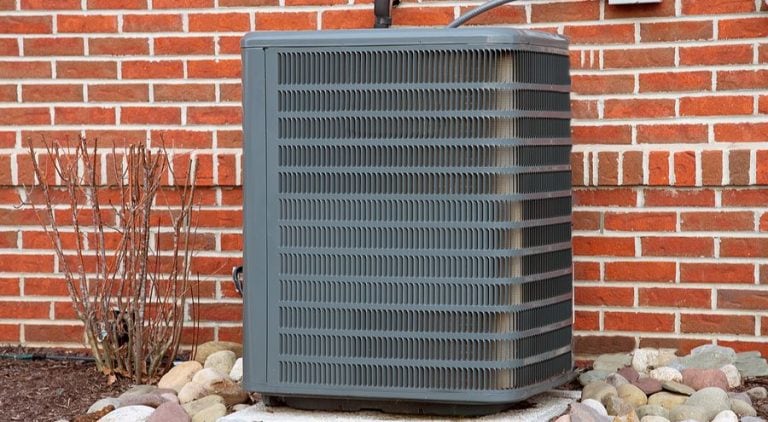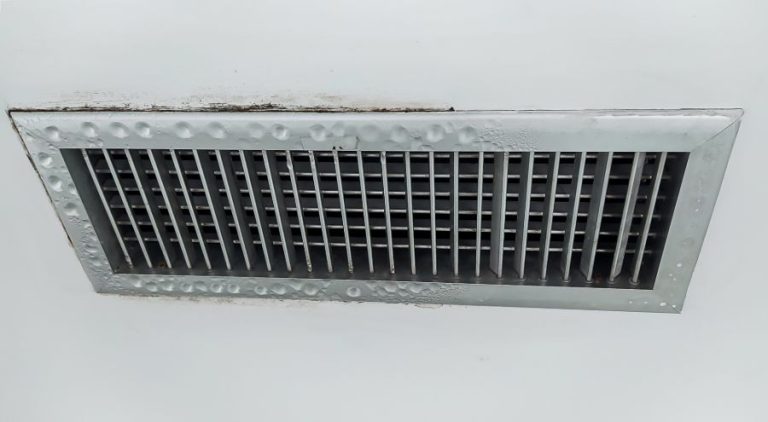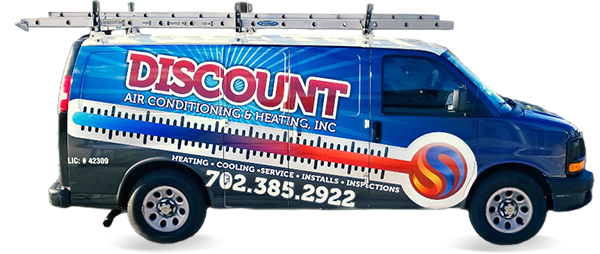What Are The Signs Of A Leaking AC?
Typically, you can identify AC leaks by:- Water Puddles Around The Indoor Unit
- Ice Forming On The Refrigerant Line Or Evaporator Coil
- Higher Than Normal Humidity Indoors
- Reduced Cooling Efficiency
Typical Causes Of AC Leaks
When your AC starts leaking, it’s easy to assume the worst. However, understanding the basics of why your air conditioner is leaking water can demystify the process a bit. Air conditioner leaks often stem from a few common issues, which range from user error to system malfunctions.Clogged Condensate Drain Line
A clogged AC line is one of the primary reasons for leaks. Over time, dirt, mold, and other debris can accumulate within the line, causing a blockage.Damaged Or Rusted Drain Pan
Older units often suffer from deteriorated drain pans. These air conditioner pans are essential for collecting condensate, preventing leaks from spreading.- Initial signs of rust or wear are critical to address.
- Periodic maintenance on your AC can preemptively catch pan failures.
Dirty Air Filters
Dirty air filters can lead to multiple AC problems, including leaks. When air filters are clogged, airflow is restricted, causing the evaporator coil to freeze over. When the ice melts, it can overflow the drain pan.Low Refrigerant Levels
Refrigerant is vital for the cooling process. Low refrigerant levels can reduce pressure, causing the evaporator coil to freeze. Upon thawing, this can lead to leaking.Faulty Installation
Poor installation practices can lead to unnecessary appliance troubles, including leaks. Ensuring your unit is correctly installed is a critical preventative measure.Inefficiencies In The AC System
An HVAC system with even minor inefficiencies can manifest leak symptoms. Regular system checks can help catch these issues early.Checklist For Diagnosing AC Leaks
A comprehensive checklist can aid in diagnosing AC leaks. This involves specific steps taken by professional HVAC repair technicians to identify the root causes.- Inspect The Air Filters
- Check The Condensate Drain Line
- Examine The Refrigerant Levels
- Inspect The Drain Pan For Cracks Or Rust
- Assess The Evaporator Coil For Blockages Or Ice Formation
Why You Should Never Ignore AC Leaks
Ignoring AC leaks can lead to severe consequences like increased utility bills and structural damage. Leaks force your AC system to work harder, resulting in higher energy consumption and prolonged leaks can cause significant damage to the structure of your home, such as:- Water-Stained Ceilings & Walls
- Mold Growth, Which Can Be Hazardous To Health
- Damage To Furniture & Flooring
Why AC Leaks Are Particularly Troublesome in Las Vegas
Las Vegas weather conditions make a functioning AC system indispensable.- High Temperatures: The extreme temperatures strain your AC system, heightening the risk of leaks due to overuse.
- Dust & Debris: The desert environment means more dust and debris can cause clogs and damage internal components, leading to leaks.
- Humidity Challenges: Though Las Vegas is dry, localized humidity (from weather patterns or internal activities) can exacerbate AC issues, leading to leaks.
Extending The Lifespan Of Your AC System
Taking proactive measures can significantly extend the life of your AC system:- Invest In High-Quality Filters: Inferior filters can lead to frequent clogs and inefficiencies. Opt for high-quality, HEPA-rated filters.
- Schedule Regular Professional Maintenance: Annual maintenance checks ensure that all components are functioning correctly and can prevent future leaks.
- Monitor & Replace Aging Components: Keeping an eye on the condition of critical parts, such as air conditioner pans and coils, ensures timely replacements.
Energy-Efficient Practices
Implementing energy-efficient practices can reduce the strain on your AC system, subsequently reducing the risk of leaks. These practices include:- Using Programmable Thermostats To Efficiently Regulate Indoor Temperatures
- Ensuring Proper Sealing Of Windows & Doors To Prevent Cool Air Loss
- Using Ceiling Fans To Circulate Cool Air Effectively
Addressing FAQs About AC Leaks
Here, we answer some frequently asked questions about AC leaks to provide further clarity:Air filters should be replaced every 1-3 months, depending on usage and environmental factors.
Use a wet/dry vacuum to suction out debris or a thin brush to dislodge clogs.
Call a professional if basic troubleshooting (like replacing filters or unclogging the drain line) doesn't resolve the issue.
Yes, regular maintenance checks can identify and mitigate potential issues before they become significant problems.
Trust Us For Reliable AC Repair In Las Vegas
For residents of Las Vegas facing AC leak issues, trust the experts at Discount Air Conditioning & Heating. Our team is committed to providing top-notch HVAC repair services, ensuring your home remains cool and comfortable year-round. A well-maintained AC system not only enhances your comfort but also prolongs the lifespan of the unit, saving you money in the long run. Reach out to us today to schedule an inspection or repair service.





